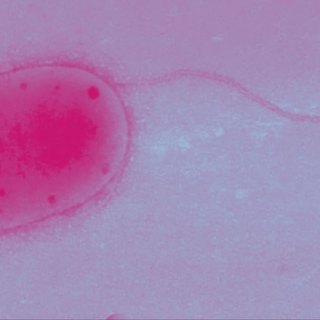Nearly 146 tons of biomedical waste is generated per day in India due to the Covid19 pandemic, the Ministry of Environment reported to the Rajya Sabha on Monday. Such waste includes surgical masks, gloves, and other medical equipment like syringes, razor blades, and IVs.
“As per the provisions of Bio-Medical Waste Management (BMWM) Rules, 2016, State Government(s)/UT Administration(s) are required to ensure that adequate infrastructure exists in their jurisdiction for treatment and disposal of BMW,” the Minister of State for Environment Babul Supriyo, wrote in a statement in response to a query. The Central Pollution Control board (CPCB) has brought out dedicated guidelines for handling, treatment, and disposal of waste generated during treatment and diagnostic activities of Covid19 patients.
But the treatment of biomedical waste in the country is turning out to be a problem. According to the CPCB, approximately 616 tonnes of biomedical waste was generated in the country daily in 2019. And so, the 146 tonnes of Covid19 waste is generated in is addition to general biomedical waste. And even before the pandemic, data showed India had the infrastructure for disposing of merely 70% of biomedical waste it produced.
With the current crisis, the problem has manifested at a whole new level — the news of heaping piles of biomedical waste has become common as disposal facilities have hit saturated levels. The present Common Bio-medical Waste Treatment and Disposal Facilities (CBWTF) and incinerators in India are nowhere near to handling the ever-increasing biomedical waste generated on a day-to-day basis.
Related on The Swaddle:
Sanitation Workers on the Frontlines of the Pandemic Are Overlooked, Unprotected
In a Court case in 2006, the judiciary observed that “The health hazards due to improper waste management can not only affect the occupants in institutions but also spread in the vicinity of the institutions.”
In India, state pollution control boards and pollution control committees have authorized around 200 CBWTFs to collect and dispose of biomedical waste, including Covid19 waste, says the response. Moreover, there are about 18,178 captive disposal facilities installed by individual healthcare facilities for pre-treatment and/ or final treatment of such waste. Incineration has an advantage in that it results in converting infectious waste into biologically sterile products.
Biomedical waste management is done in three stages: collection and separation; transportation to respective facilities; proper treatment and disposal. But data shows there’s a problem with the system in all three stages, with waste not being segregated according to the norms set by the government, and a lack of infrastructure leading to improper disposal.
When the biomedical waste is not properly segregated at its originating points, it causes an effect on the environment which proves dangerous to not only human beings and animals, but also soil and water sources. Improper segregation and disposal of biomedical waste can lead to the contamination of groundwater sources, which when consumed by humans and animals can cause serious infections and harm health.
An India Today investigation found that all Covid19 waste disposal guidelines were being flouted in Delhi. Much of the waste was being dumped in landfills as incineration plants were out of capacity. Rules said biomedical waste should be collected in yellow bags by trained workers equipped with protective gear for safe disposal. But they were not followed most of the time. Residents in Kerala reported mounting piles of syringes, gloves, PPE kits, blood-stained cotton and bandages, and other garbage near residential areas as well.
There’s also the concern of the sanitation worker’s safety hazards. There are five million sanitation workers in India who perform the tasks of collecting and disposing of garbage, emptying septic tanks as well as handling biohazards. But many report not being provided training in biomedical disposal nor protective gear.
“We had not imagined such a pandemic would hit us,” Environmentalist Satish Sinha told India Today. “There is a big gap on the awareness front, especially about how to segregate dangerous wastes.” But experts say that the pandemic did not break the system — it only made an already broken biomedical waste management system more obvious.




